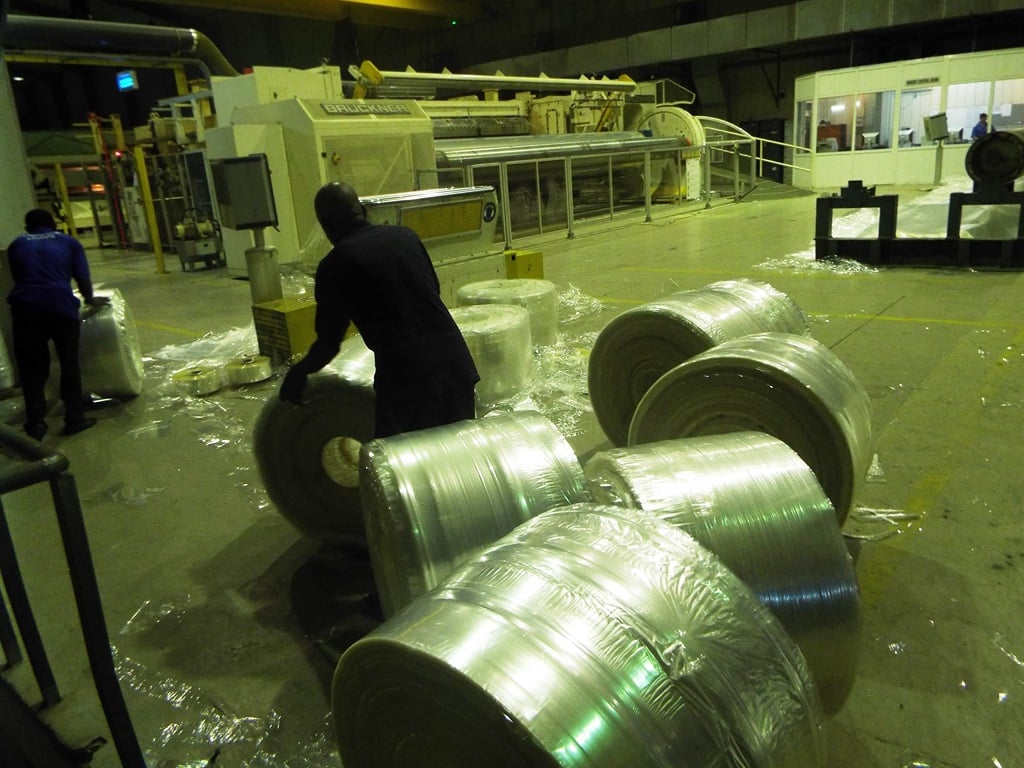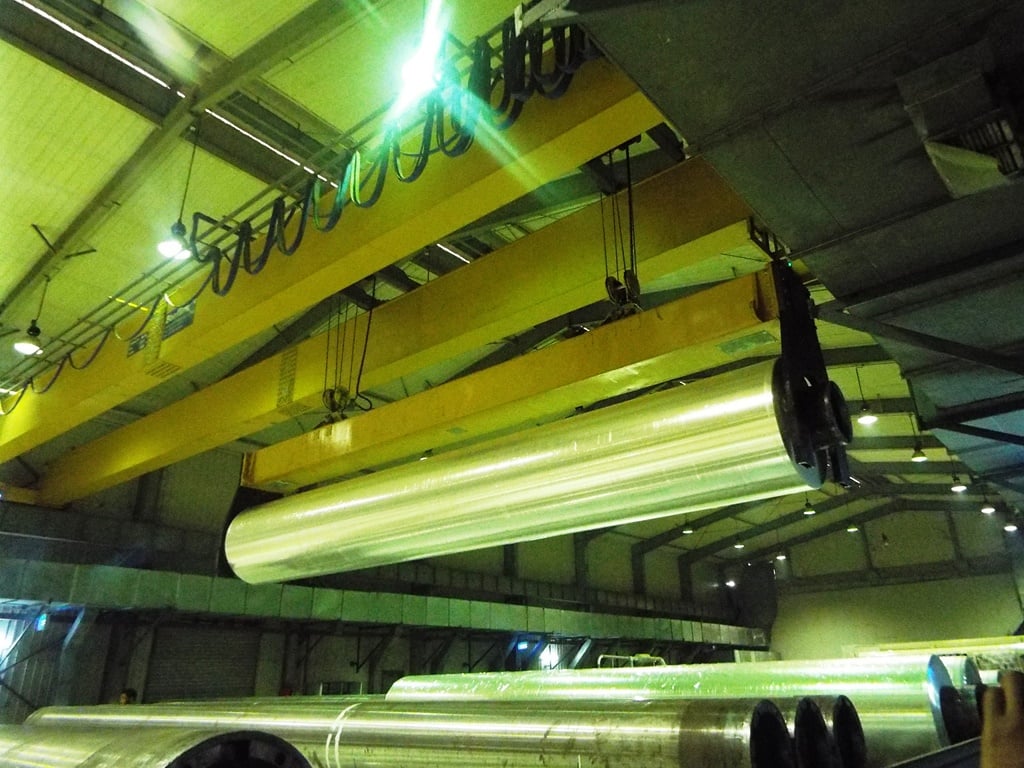Members of the Nigerian manufacturing industry say the new Central Bank (CBN) foreign exchange policy is boosting the growth of the local industry, calling it “the game changer”.
Nassos Sidirofagis, deputy managing director, Tempo paper pulp and packing limited, Ota, Ogun state, said the policies have helped increase local production capacity and promote expansion.
“The recent CBN policies is helping us tremendously. It is something we’ve been waiting for, not only us, but other manufacturers, because now, customers are now buying Nigerian products instead of importing,” the US trained engineer said.
“The policies were quite significant for us; as I said, it was the game changer. We are a truly Nigerian company and we are competing with global players from China, India. With the new policy we have been able to increase our capacity from 50 to 70 percent.”
Advertisement
Sidirofagis said the firm, owned by a Nigerian, is unveiling plans for setting up about the biggest paper producing company in Nigeria, with the capacity to produce 420 tonnes per day.
“We can smile a little bit, these CBN policies help us to realise that there is a big possibility to start expanding. I hope the policies stay, because it is very significant for us.

Speaking on avoiding the economic downturn experienced by Greece in the past few years, he said: “The medicine is only one, you have to have discipline in government spending, you have to help the manufacturing sector, you have to have policies that contribute to job creation.
Advertisement
“Being from Greece, I understand that the problems that we have are the same in many other countries. The solution is to open up the market, focus on manufacturing and local production.
“We were like you [Nigerians], we were importing because we had plenty of money, but at the end of the day we got bankrupt, just because we didn’t have a strong manufacturing [industry] supported by the government.
“If you keep these policies for one or two years more and you remain strong with it, you’d see that you’d have many investors come to Nigeria.”
Oluwasesan Taiwo-Tijani, the group operations director of Sren chemicals and polymer packaging, explained the surge in demand for local products since the policy was introduced.
Advertisement
“Since this policy has been enacted, we’ve observed that the demand for our products has increased drastically. We looked at our sales last year, what we were able to make, in six months, we’ve made in just one month this year just as a result of these policies,” he said.

“There is a huge demand for our products because most of the companies using these products are not able to import as a result of these policies.
“You can imagine that as big as the economy of Nigeria is, we have people still importing nylon bags. I wouldn’t want to mention names. But because of these policies, they are forced to patronise Nigerian products.
“We know CBN policies are for the betterment of manufacturers. If it continues like this, at the end of the day, Nigeria will be an export-dependent country, and this would benefit all Nigerians.
Advertisement
“It seems as though Nigerians are going through a harsh condition, but those who took time to study this policy, know that in no time it would be to the benefit of Nigeria and its manufacturing sector.
He said the dream for the manufacturing industry was to produce 70 percent of goods we see around us, adding that the Indian textile manufacturing companies are exploiting Nigeria’s lack of a textile company.
Advertisement
“If Nigeria can stop the importation of some of these things, and we have textiles industry here, that would reduce the pressure which we are having now on foreign exchange.

He appealed to the apex bank to cut interest rate in lending to the manufacturing sector, adding that he was paying as much as 18 percent on loan facilities.
Advertisement
The Manchester University graduate said if government clamps down on importation of printing ink, Nigeria would make “nothing less than N100 billion in a year, from about N30 billion now”.
“If the ban is lifted, we would go back to what we used to be in the past. Those importing would continue and the situation would remain the same for many years.”
Advertisement
On Tuesday, the senate expressed support for the monetary policies of the CBN, adding that “they are mostly geared towards increasing local production, creating jobs here in Nigeria”.
1 comments








Kudos CBN. We must domesticate capital otherwise we would keep lamenting, and lamentation is not a strategy.